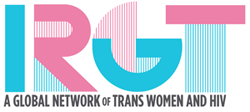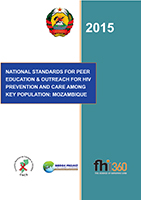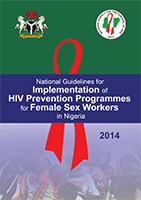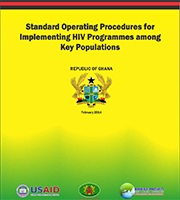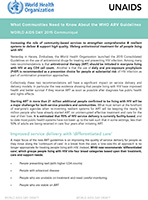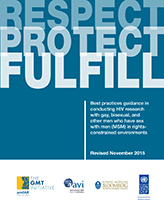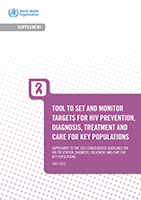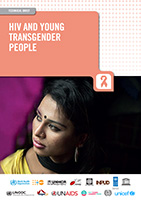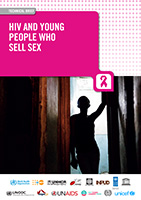
Standard operating procedures (SOPs) and minimum standards will support the design and implementation of quality HIV interventions in Mozambique. The SOPs and minimum standards will standardize and quantify the intervention package and define the services and ensure uniformity of terms, definitions and systems.
Year of publication:
2015
